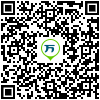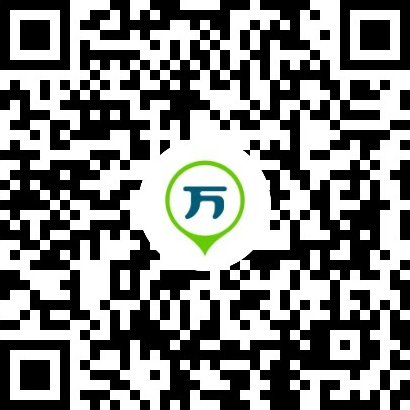11. After Thomas Becket rejected the Constitutions of Clarendon Henry II____.
A. appointed him Chancellor of England
B. made him Archbishop of Canterbury
C. drove him into exile
D. increased the Jurisdiction of the church courts
12. Thomas Becket spent ____years on the continent and returned to England in
1l70.
A. four B. five
C. six D. seven
13. The Great Charter (or Magna Carta) was signed by King John at Runnymede
in____.
A. 1162 B. 1164
C. 1210 D. 1215
14. Simon de Montfort summoned in____ the Great Council to meet at
Westminster, together with two knights from each county and two citizens
from each town.
A. 1242 B. 1258
C. 1265 D. 1266
15. Which of the following statements is NOT true?
A. In the 13th century a Black Rod went between the two Houses of
Parliament for liaison and to discipline the members.
B. In the 13th century Parliament only met by royal invitation.
C. In the 13th century Parliament's role was to offer advice, not to
make decisions.
D. In the 13th century the most important part of Parliament was the
House of Lords.
16. During the reign of ____, Wales was brought under English rule.
A. Henry III B. Edward I
C. Edward II D. Edward III
17. ____ became the first prince to hold the title of Prince of Wales, which
continues to be borne by the eldest son of the reigning monarch.
A. Richard I B. Henry III
C. Edward II D. Edward III
18. The chief demand of the peasants during the Peasant Uprising of 1381
was____.
A. the abolition of villeinage
B. the punishment of the King's ministers
C. the increase of wages
D. the reform of the church
19. Wat Tyler was killed by William Walworth, ____.
A. Archbishop of York B. Mayor of London
C. Archbishop of Canterbury D. the Treasurer
20. The Peasant Uprising of 1381 did not direct against____.
A. the rich clergy B. the lawyers
C. the landowners D. the town traders
1. B 2. A 3.C 4. D 5. C 6. A 7. B 8. A 9. D l0. B 11. C l2. C 13. D l4. C 15. A 16. B 17. C 18. A l9. B 20. D
漫漫自学路:我如何从中专生到清华研究生
2010年 全国高等教育自学考试名师辅导课程
·自考教育学(一)重要知识点:教育的产生与发展 (2018-12-5 17:23:04)
·自考教育学(一)重要知识点:教师 (2018-12-5 17:22:24)
·自考教育学(一)重要知识点:学生 (2018-12-5 17:20:23)
·2019年上半年常用英语名言谚语集锦8 (2018-11-5 18:07:25)
·2019年上半年常用英语名言谚语集锦7 (2018-11-5 18:06:55)
·免费真题 ·模考试题


实用文档 | 入党资料 | 入党申请书 | 入党志愿书 | 个人自传 | 转正申请书 | 思想汇报 | 个人简历 | 简历模板 | 简历封面 | 工作计划 | 工作总结 | 自我评测
个性评测 | 社交评测 | 事业评测 | 运势评测 | 报告 | 实习报告 | 工作总结 | 社会实践 | 心得体会 | 述职报告 | 调查报告 | 辞职报告
法律文书 | 合同范本 | 演讲范文 | 更多>>
英语学习 | 听力口语 | 阅读写作 | 翻译文化 | 趣味英语 | 学习方法 | 英文经典歌曲 | 每日课堂 | 空中英语 | 少儿英语 | 影视英语 | 英文歌曲 | 更多>>
作文大全 | 作文 | 小学 | 初中 | 高中 | 话题作文 | 考研 | 四六级 趣味作文 | 体裁作文 | 记叙文 | 议论文 说明文 | 应用文 | 读后感 | 作文素材 | 名言警句
优美段落 | 哲理故事 | 诗词赏析 | 成语知识 | 技巧 | 写作指导 | 作文点评 | 佳文赏析 | 写作基础 | 话题演练 | 作文教学 | 更多>>

 下载
下载


